
OR
Human capital and natural resources are foundation of Nepal's economy: ADB former president
Published On: October 7, 2023 10:30 AM NPT By: Republica | @RepublicaNepal
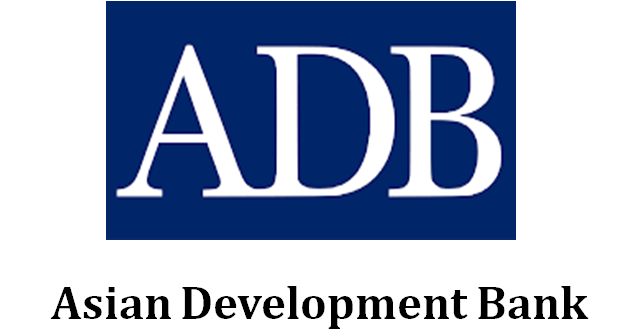
KATHMANDU, Oct 7: Former President of the Asian Development Bank (ADB), Haruhiko Kuroda, has said Nepal could make the economy stronger through mobilization of its human capital and maximum utilization of natural resources.
The former governor of the Central Bank of Japan said this in a press conference organized in Kathmandu today. He stressed on identifying the areas for economic prosperity. As he said, Nepal's youth work force should be linked to production made through utilization of natural resources.
"Nepal can benefit environmentally through human capital mobilization, natural sources like water and forests and other resources. Nepal should not lag behind in maximally utilizing these resources," he said, adding that Nepal's youth human resources should be linked to various sectors of production and benefit from the same.
Kuroda stressed on construction of infrastructures like roads, transmission lines, communications and others for expanding the economy.
Responding to a question from RSS as to what kind of strategic plan should Nepal make in graduating from a least-developed country status, the ADB former president Kuroda suggested Nepal to give emphasis to construction of infrastructure, to increasing citizens' access to education and health and work in areas including investment promotion through private sector. Nepal has set the target of graduating from LDC status until 2026.
He also cautioned against miscalculating Nepal's escalating public debt. The growing public debt due to the constricted economic growth rate, low returns from investment and the weak capital formation could be challenging for Nepal.
Kuroda maintained that increasing ratio of public debt in comparison to GDP and a large chunk of the annual budget being spent in paying the principal and interest of the public debt will impact the economy in the long-run.
Japan is a country having very high public debt compared to the GDP. However, according to Kuroda, the public debt is not a problem in Japan due to the capital formation and returns from investment, and the credible environment to the investors.
Professor at the National Graduate Institute for Policy Studies (GRIPS), Kuroda also raised the topic of responsibility of the regulator in the financial sector. In his view, the liquidity problem and low demand of loans is witnessed due to the tight monetary policy adopted by Nepal Rastra Bank.
ADB former vice-president Dr Bindunath Lohani shared that green economy is a potential sector of Nepal. He added that Nepal could take initiatives for the development of the green economy through the various development partners and donor agencies.
Dr Lohani emphasized on the need of keeping the information technology sector in priority, as there is potential in this sector and Nepal can make good progress in it.
(RSS)
You May Like This

ADB to provide 50 million US dollars loan to Nepal
KATHMANDU, June 30: The Asian Development Bank (ADB) has granted Nepal a loan of 50 million US dollars (approximately Rs... Read More...
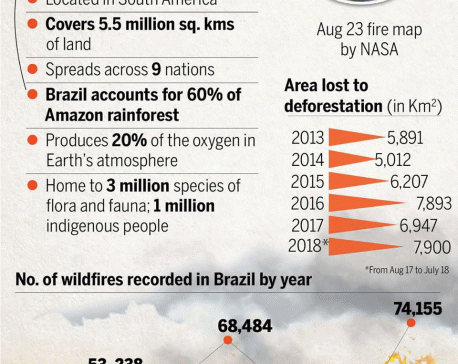
World's largest rainforest is burning
The Amazon rainforest in Brazil is burning for weeks, and smoke from these fires are spreading thousands of miles away.... Read More...
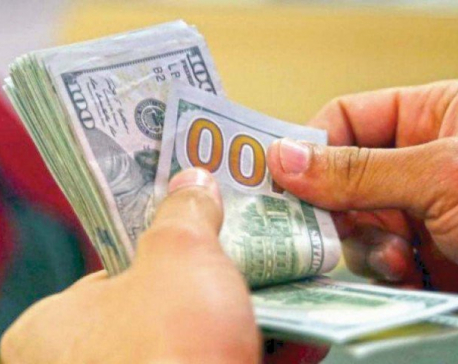
Pakistan remains undecided on cancelling $400m loan from ADB
ISLAMABAD, Sept 21: With only nine months left in closing of the project, Pakistan has not yet taken a final decision... Read More...



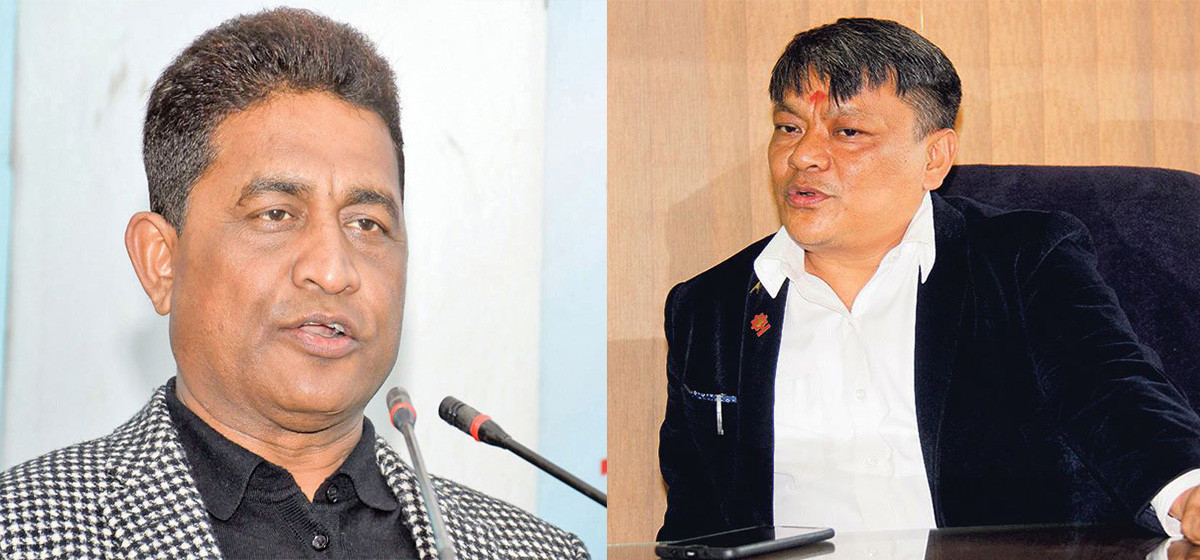
Just In
- KMC adjust office hours, services now start at 9AM
- Five-match T20 series: first match between West Indies 'A' and Nepal starts today
- Govt yet to pay Rs 60 billion to contractors
- Nepal’s poorest district identified as Bajura, richest as Mustang
- Wind storm likely at a few places of Koshi and Sudurpaschim
- EVs adoption in Nepal surge in Nepal with government support measures
- Mayors' Forum urges Finance Minister Pun to settle electricity dues
- By-Election: Voting underway in Ilam-2 and Bajhang-1(a)










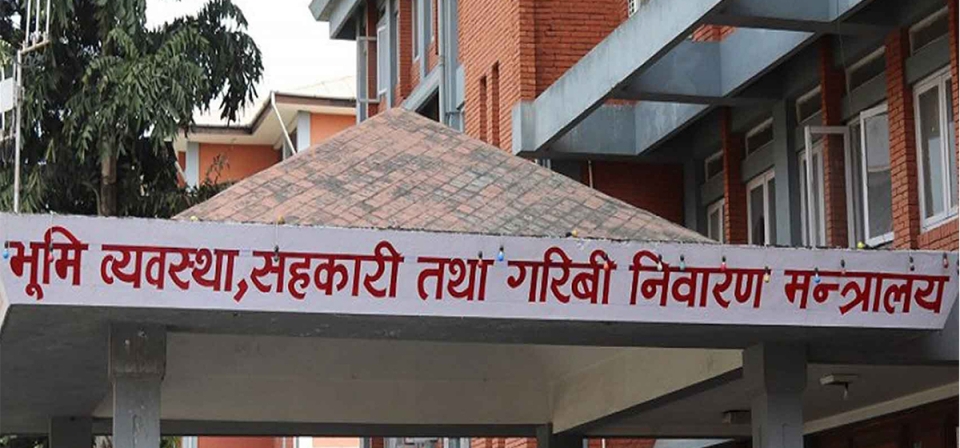



Leave A Comment